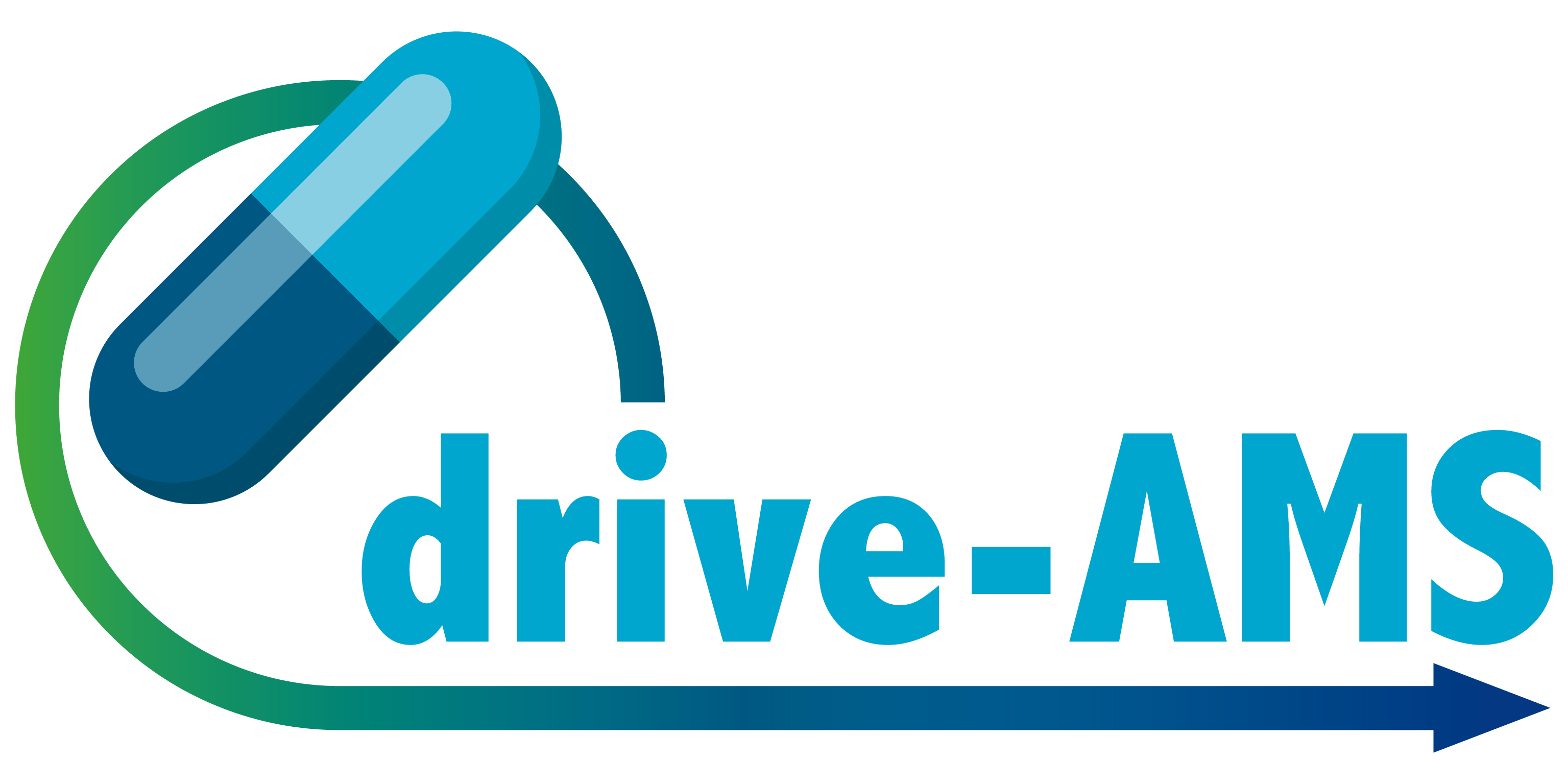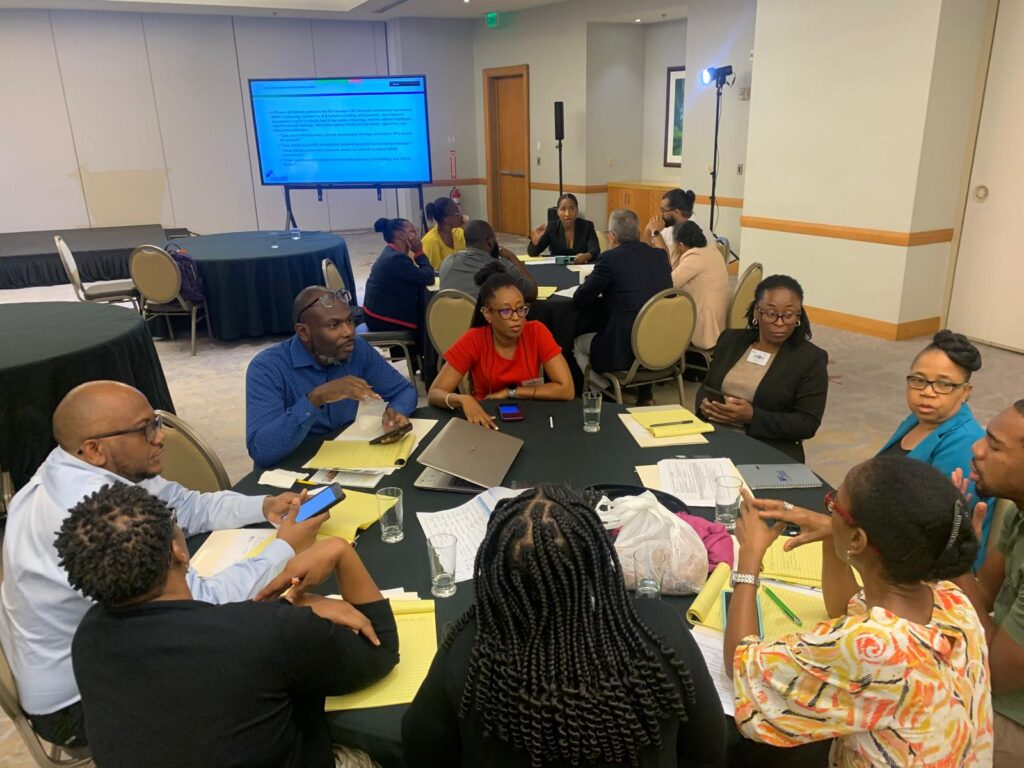CARICOM-10 countries
Co-organised by The International Centre for Antimicrobial Solutions (ICARS), the University of the West Indies (UWI), and Radboudumc, and supported by funding from the UK Department of Health and Social Care’s Fleming Fund programme, this three-day course marked the launch of the drive-AMS approach in 10 countries of the Caribbean Community (CARICOM): Belize, Dominica, Guyana, Grenada, Haiti, Jamaica, Montserrat, St Lucia, St Vincent and the Grenadines, and Suriname.
This first course included participants from seven Caribbean countries attending in person, while teams from Grenada and Haiti participated online. In total, 28 professionals joined on-site, supported by a strong online presence of over 60 participants. Each hospital team -consisting of AMS/IPC leads, clinicians, microbiologists, pharmacists, and infection control nurses – came prepared with a problem related to antimicrobial use or IPC in their own setting.
A practical, team-based approach
Over three packed days, participants were immersed in an interactive learning experience designed around three key steps: defining a hospital-specific AMS or IPC problem, designing a data-driven measurement plan, and preparing for in-hospital implementation.
A core theme throughout was measurement, including point prevalence surveys (PPS) as well as other methods to assess the quantity and quality of antimicrobial use and the performance of IPC practices. Workshops alternated with team-based assignments, group discussions, and knowledge-sharing moments. Participants presented their problems, received feedback, and refined their strategies with support from a multidisciplinary international faculty representing the Caribbean, Europe, and the U.S.
Looking ahead
Each hospital team left the course with a concrete measurement plan, which they will implement over the next 6–8 months. This phase will include webinars, expert coaching, and additional online training, e.g. on the Global Point Prevalence Survey (Global-PPS) methodology. Progress will be evaluated ahead of the second in-person session in February 2026, when participants will delve deeper into barrier analysis and intervention design.

